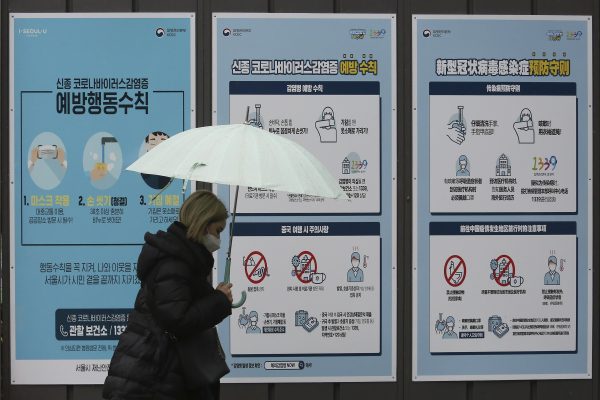COVID-19 Aftereffects Continue to Have Influence Over Patients

Even after COVID-19, patients can still suffer from side affects such as fatigue, loss of focus, breathing troubles and loss of taste or smell. (Photo Courtesy of Google)
October 8, 2020
As the search for a vaccine continues at frantic pace, COVID-19 is still deadly and lethal. Significant attention is however shifting towards survivors of the disease as most of them continue to battle with post-covid health disorder. Former covid-19 patients who are now covid-free are suffering from aftereffects such as fatigue, depression, shortness of breath, brain fog, loss of smell, and so on. These symptoms have tremendously influenced recovered people’s and some are still not able to return to normalcy.
The most common aftereffect of COVID-19 is known as Long COVID. The symptoms vary across the patients, but it is shown that they generally share similar symptoms like fatigue, loss of smell, and taste. Some also claim that the virus had damaged or impaired parts of their organs, such as their lungs. Experts also stated that there is no correlation between the severeness of the infection and the likelihood of suffering from the Long COVID, thus indicating that this disease can be more dangerous than what people insist and believe.
Another long-term effect of COVID-19 is brain fog, which is feeling blank as if there is a cloud or fog in your brain. People suffering from this symptom usually have difficulty in sharply focusing on something or show poor memory skills in general. According to the academic journal Clinical Neuropsychologist, patients who were recovered from the disease can have Post-Traumatic Stress Disorder (PTSD) symptoms due to the fearful memory triggered from invasive treatments they went through. Other studies claim that the brain fog can be due to the impairment of the brain’s nervous system by the virus.
According to a report by the Ministry of Food and Drug Safety, the anti-anxiety drug prescription rate has risen dramatically to 25%, about 890,000 people a month on average, compared to the report from last year. People who are not infected with the COVID-19 are also suffering from a symptom called “Corona Blue” and the experts have warned that there should be a more careful look at how this is affecting people’s mental health. Head of Quarantine Manager, Yoon Tae Ho, claimed that “assigning a disease code on Corona Blue is in progress”.
The fear of having these symptoms also brings negative effects on patients who have recovered or are still suffering from the disease. To decrease the severity of the symptoms and especially to conserve energy when suffering from the Long COVID, “Your COVID Recovery Plan” made by the NHS suggests the following. First, do not push yourself too hard and always get sufficient amounts of rest. Second, plan out your schedule in a way to spread out the most tiring activities across the week. Lastly, think about what you can do and what you should set aside.
COVID-19 is constantly changing and evolving as time goes by, and it seems that the world has to adjust to the new COVID generation. This long tunnel of the pandemic doesn’t seem to have its end, and people are suffering from new symptoms that are caused by the virus. During this unprecedented time, it has become very important to keep ourselves and our community from this harmful disease, and more delicate care for the recovered patients is more than necessary. They, and we, have fought through this disease, and their victories should be congratulated. The first step is to be concerned with the well being of our neighbor, our family, or our community members, who are having difficulties due to the pandemic and embracing each other with warmth.
